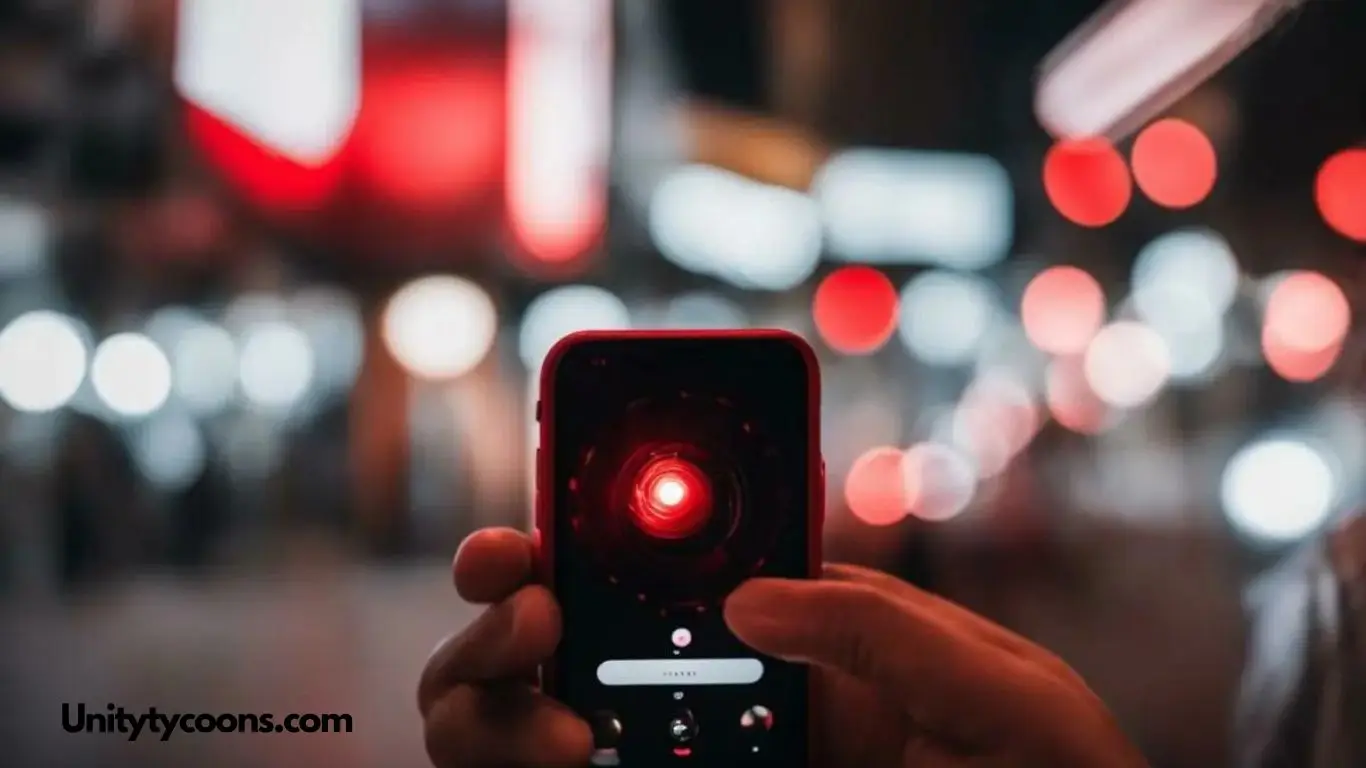Telecommunications are always changing. The latest change? Real-Time Text. With it, you can send texts during your phone calls, adding a fun twist to talking. But, with it becoming a normal part of our day, an essential question pops up: Can RTT calls be recorded? It mixes text messages and talking simultaneously, bringing up new thoughts about privacy and how we record things. Traditional voice calls have known ways of recording. But it’s different and needs looking into.
Understanding its recording means you need to know the basics of it first. It is handy. It lets users send and receive messages in real-time, just as they typed. This feature is great! Especially for people with hearing loss or those looking for a new way to communicate.
Like all tech progress, it raises questions about privacy. People want to know if their text-filled talks can be recorded and kept. As we figure this out, certain areas need extra attention.
A whirl of Instant Messages During Calls
We’re in a new age with RTT calls. They change how we connect, with smooth text talks during live calls. This new tool changes discussions, giving a fast and rolling chat that helps many ways of chatting. Improving ease of use, RTT adds a fresh angle to talks by letting messages get sent at the same time. Understanding RTT needs to know about its evolving whirl, making the future of instant texts during calls.
Are RTT Calls Recorded?

Looking at text chats raises an important question about possible recordings. Unlike voice calls, different setup brings more confusion to recording rules. Agreeing to recordings, following the law, and easy settings are key things. Understanding these details is important as RTT changes how we talk to each other. People using this should focus on learning the facts, being careful, and thinking about privacy as technology grows.
Exploring Recording Policies
While the exact recording policies may vary among service providers and devices, in general, RTT calls are subject to similar recording principles as traditional voice calls. Many service providers
User’s Consent Matters
Recording phone calls usually needs permission from at least one person on the call. This follows laws about recording calls. Users should know about and agree to the recording so there is honesty and fairness about privacy.
Regulatory Compliance
Phone companies and phone makers usually follow rules from the government about recording calls. The rules may say to tell users about recording get permission, and show support for keeping calls private.
Transparent Settings and Notifications
To uphold transparency, devices with their capabilities often include settings that allow users to manage their recording preferences. Notifications may also be integrated, alerting users when a call is being recorded and providing an option to opt-out.
Tips for Users
To proactively manage the privacy of RTT calls, users can take several measures:
Finding the Right Balance
Keeping privacy balance is very important when using technology. This needs clear choices for users, settings they understand, and knowing how the internet changes. Being careful online helps make it safe and personalized.
Conclusion
In the era of advanced communication technologies, the privacy of our conversations is of paramount importance. While RTT calls Recordes bring forth a new dimension to our communication experiences, users must be mindful of the recording practices associated with this feature. By staying informed, adjusting settings, and being proactive in managing privacy, individuals can balance enjoying the benefits of calls and safeguarding their personal information.


